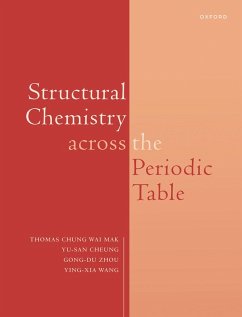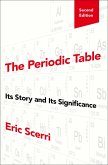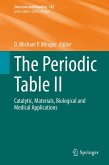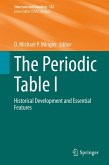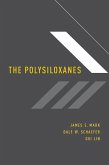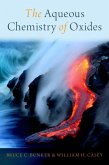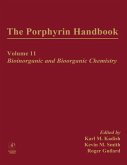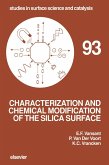This book is an expanded and updated version of Part III of the authors' previous work, Advanced Structural Inorganic Chemistry (OUP 2008). The original part deals with main-group elements, the rare-earth elements, transition-metal clusters, and supramolecular systems. In this new book, selected material from significant advances in the past decade has been added, with particular emphasis on compounds that exemplify new types of bonds such as sigma-hole, triel bond, tetrel bond, pnictogen bond, chalcogen bond, halogen bond, halogen-halogen interaction, aerogen bond, as well as quintuple and sextuple metal-metal bonds. Other new topics include actinide compounds, metallophilicity, heterometallic macrocycles and cages, com- and dis-proportionation reactions, hydrogen-bonded organic frameworks (HOFs), halogen-bonded organic frameworks, halogen-halogen interactions in supramolecular frameworks, covalent organic frameworks (COFs), and metal-organic frameworks (MOFs).
Dieser Download kann aus rechtlichen Gründen nur mit Rechnungsadresse in A, B, BG, CY, CZ, D, DK, EW, E, FIN, F, GR, HR, H, IRL, I, LT, L, LR, M, NL, PL, P, R, S, SLO, SK ausgeliefert werden.

